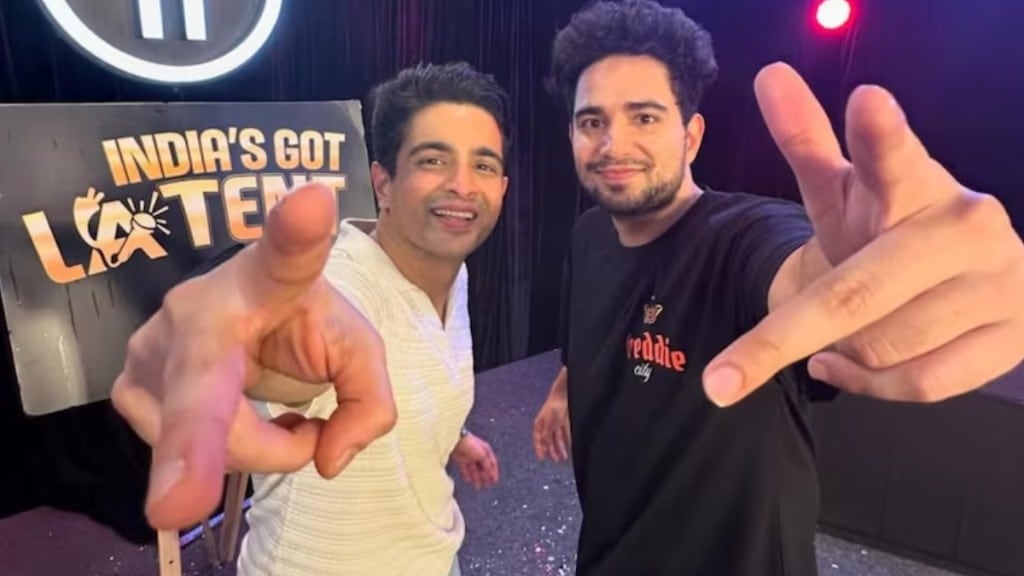The idea of internet stardom is perhaps best exemplified by the meteoric rise of YouTuber Ranveer Allahbadia, who has been in the news this past week for all the wrong reasons. Allahbadia, who also goes by the moniker BeerBiceps, boasts of a following of over 10 million on YouTube and 3 million on Instagram. Following a viral clip of a crass remark Allahbadia made on the YouTube comedy show India Got Latent, the content creator has found himself in the middle of a full-blown crisis and possible legal action.
Even though he promptly put out an apology, the sentiment among netizens and public officials seems unforgiving, given the slew of FIRs filed against him already.
With an estimated net worth of Rs 60 crore, on the back of earnings from YouTube, podcasts and brand deals — he has collaborated with brands such as Spotify, Ajio, Intel, Mountain Dew, Samsung and Boat — there’s a lot at stake for Allahbadia, not the least of which is his reputation. After all, he was felicitated last year by Prime Minister Narendra Modi as the ‘disruptor of the year’. His follower count across platforms is said to have already dropped by over 50,000 in two days.
India’s influencer marketing industry is estimated to reach Rs 3,375 crore by 2026, expanding at a CAGR of 18% from 2022, according to an EY report. While brands across categories are increasingly enlisting creators for content collaborations, experts believe that last week’s controversy is an eye-opener for the brand and creator ecosystem.
According to Yorick Pinto, senior creative director BC Web Wise, brands are already distancing themselves from Allahbadia and taking down the campaigns he’s featured in. “Platforms like Latent are an incredible way for brands to reach people at a third of the cost of TV, but is that cost worth it if creators do not take responsibility for their content?” asks Vineet Singh, brand marketing and communications head at audio entertainment platform Pocket FM. He cautions that while there should be accountability for creators and their actions, extreme crackdowns by authorities will not help and only stifle creativity.
“Content for the sake of content and a few laughs is throwing caution to the wind. Each stakeholder has a responsibility that they should not take for granted,” remarks Renuka Kamath, professor of marketing and associate dean of full-time programmes at S. P. Jain Institute of Management and Research. Agrees Rajnish Rawat, co-founder of digital marketing firm Social Pill. “When millions are watching, there’s no room for slip-ups. Brands also need to pay attention — influencer partnerships aren’t just about numbers anymore, they’re about values,” he says.
BC Web Wise’s Pinto says brands can pre-empt such situations by having a ‘morality clause’ in their contract with the influencer. While this isn’t a fail-safe, it will put the onus of good behaviour on the influencer and partly indemnify the company from any potential negative impact.
Such controversies also present opportunities for strengthening industry practices, say experts. They believe the content industry will mature from these experiences, leading to more sustainable, value-driven partnerships that benefit the entire ecosystem.
